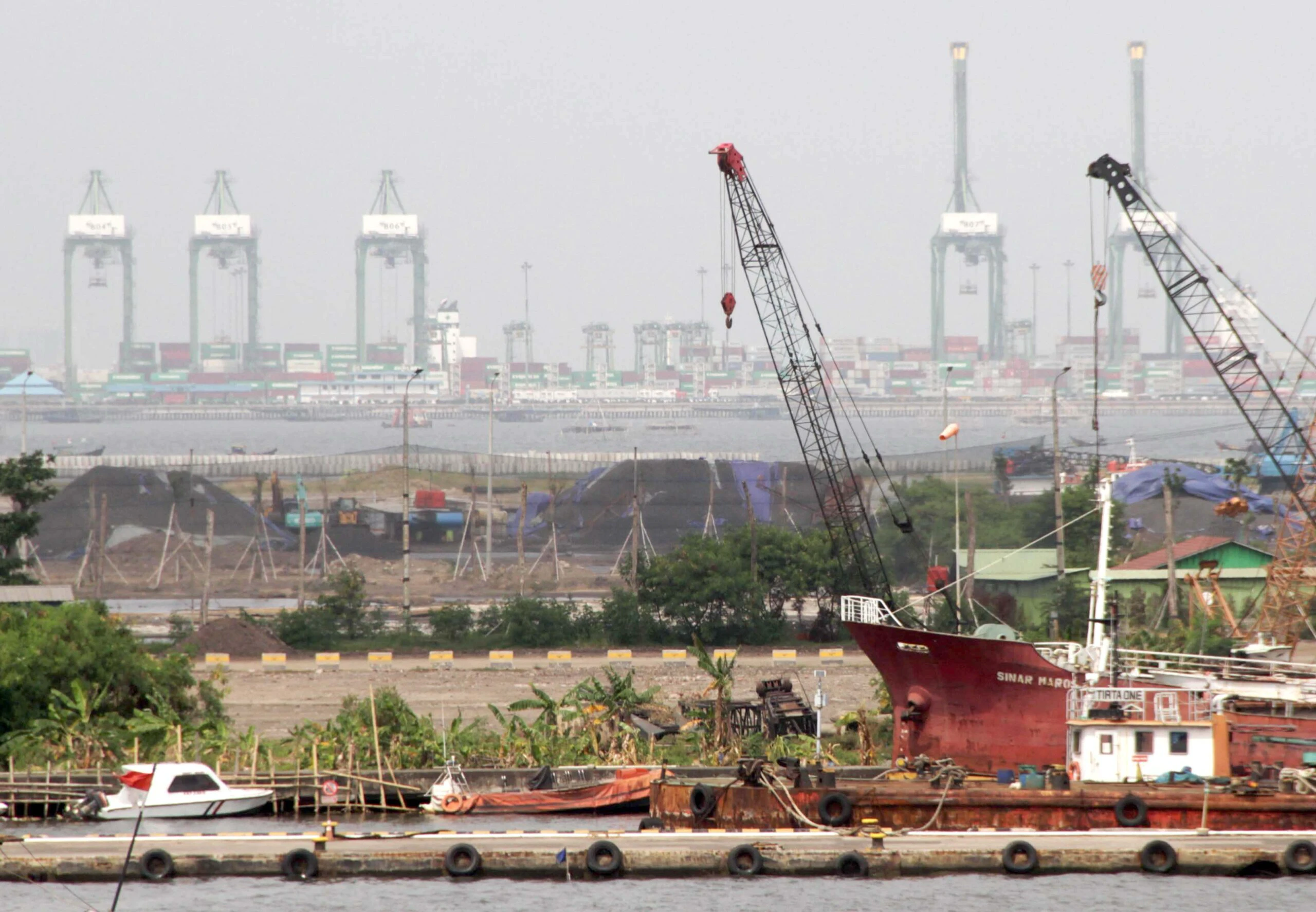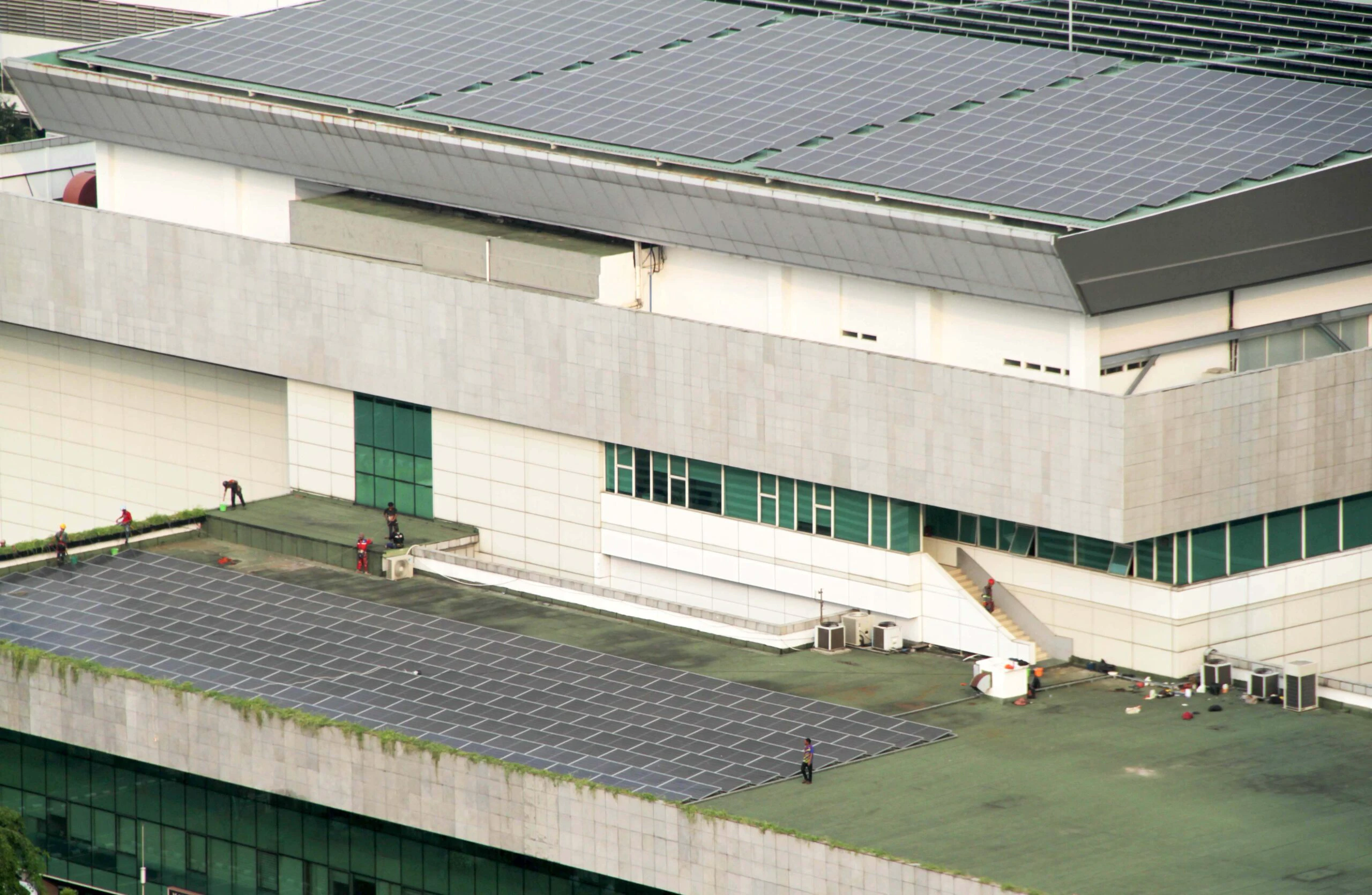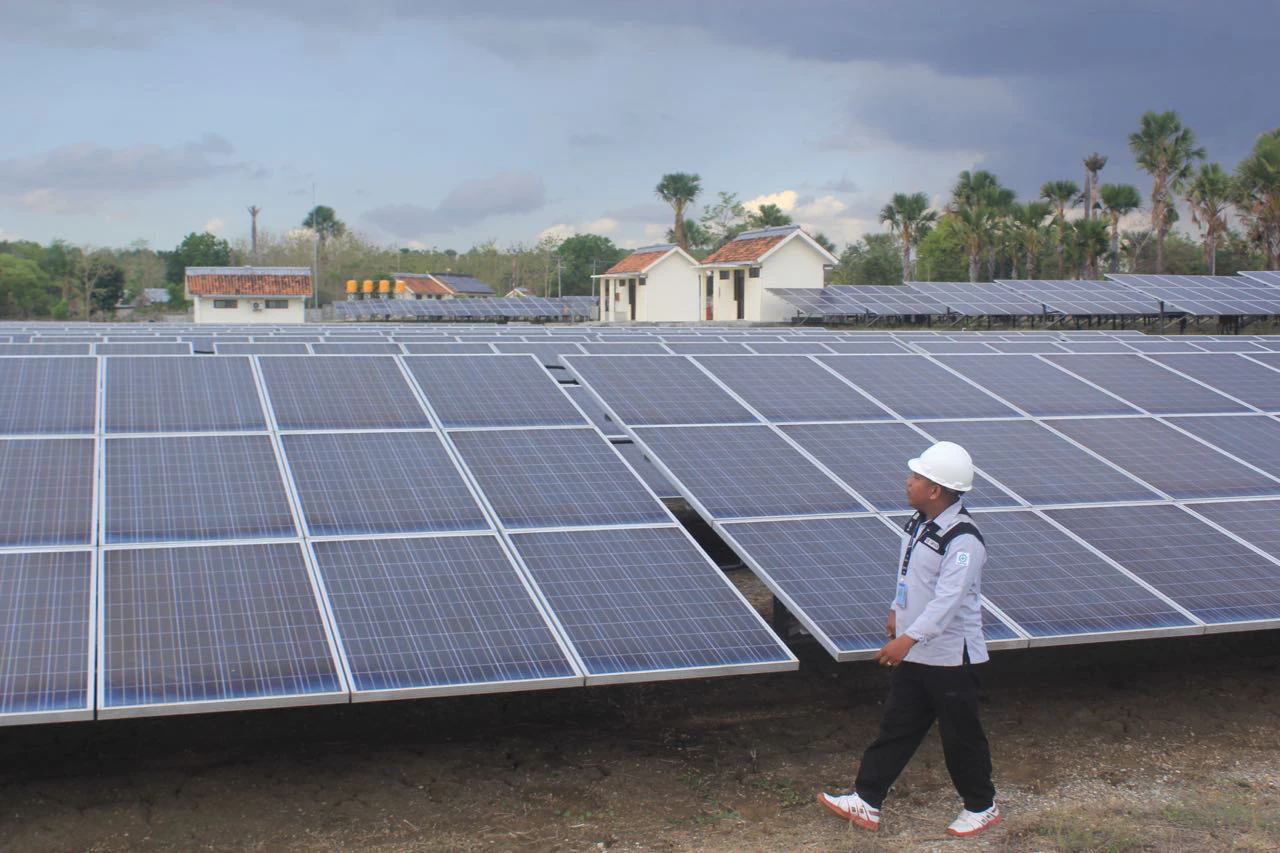- The government is considered to lack transparency and to involve the public minimally in policy-making and implementing equitable energy transition programs. This is despite numerous articles in the legislation that mandate public involvement or participation.
- This energy transition policy is seen as not significantly impacting the public. Ironically, amidst the vigorous energy transition efforts, 4,700 villages in Indonesia have not yet been electrified.
- As one of the solutions, it is necessary to form a multi-stakeholder forum, including both the public and the government, to ensure more equitable, transparent, and participatory processes.
- It is undeniable that although Indonesia has significant potential for new renewable energy, its utilization is still relatively small compared to the consumption of fossil energy such as coal, oil, and gas.
The transition to just and sustainable energy has become a priority issue for the Indonesian government in the past five years. This commitment aims to reduce dependence on fossil fuels such as coal and oil.
Furthermore, the transition to clean energy is an effort to address the impacts of climate change and carbon emissions.
However, the government lacks transparency and public involvement in policy-making and implementing an equitable energy transition in Indonesia.
Such a problem contradicts its commitment to implementing open governance or the Open Government Partnership (OGP), which was initiated by several countries.
“Currently, there is a notion of equitable energy transition. It is not fair without transparency. Without public participation, this energy transition policy cannot be effective,” explained Aryanto Nugroho, National Coordinator of Publish What You Pay Indonesia, during a talk show titled “Discussing Transparency and Public Participation in the Implementation of an Equitable Energy Transition in Indonesia” held recently in Jakarta.
In the same event, Syahrani, a researcher at the Indonesian Center for Environmental Law (ICEL), revealed that normatively, Indonesian legislation includes many articles mandating public involvement or participation, including in the energy sector.
For instance, the National Energy General Plan (RUEN) and the Regional Electricity General Plan (RUKD). However, in practice, these plans, both in drafting and implementation, are still far from public participation.

Formation of a Multi-Stakeholder Forum
According to Syahrani, the solution lies in forming a multi-stakeholder forum comprising both the public and the government because transparency and participation are the basic principles of an equitable energy transition.
Moreover, to achieve a common understanding in this multi-stakeholder forum, the government must not be selective and involve communities directly affected by energy projects.
The government also needs to establish mechanisms where the public can directly participate in oversight.
Syahrani believes that forming a multi-stakeholder forum is as important as the country regulating energy itself. “The public should not be left in the dark. A special approach is needed,” he said.
Because, in practice, energy transition policies have not significantly affected the public. Ironically, amidst the intense energy transition efforts, many communities in Indonesia still do not have access to electricity.
Data from PLN (the state electricity company) shows that at least 4,700 villages in remote, frontier, and disadvantaged areas in Indonesia have not yet received electricity from the company.
Meanwhile, the energy transition is a new concept for Magdalena Rianghepat, Coordinator of the Foundation for Social Study and Development (YPPS) in East Nusa Tenggara (NTT). It is still unfamiliar to the communities they assist.
Not to mention vulnerable groups like women and people with disabilities, she says many people still do not understand what an energy transition is.
Besides the limited information, her region has not yet seen renewable energy. However, NTT is said to have a potential new renewable energy source of up to 25 gigawatts from geothermal, water, mini-hydro and micro-hydro, solar, wind, and ocean currents.
“This issue only arises when there is a new governor election,” she explained.

Nevertheless, Magdalena admitted that her organization and the communities they assist are currently building drying houses to dry copra, utilizing free and more dignified solar energy.
This effort is to maintain the quality of coconut meat and improve it. This way, its price can be higher than that of copra dried by the roadside. Besides spoiling easily, roadside-dried copra is also less hygienic.
“For poor quality, the price is around IDR 4,000/kg. Whereas for good quality, it is priced at IDR 8,500-10,000/kg,” she concluded.
Still Relatively Small
It is indisputable that although Indonesia has significant potential for new renewable energy, its utilization is still relatively small compared to fossil energy consumption like coal, oil, and gas.
Catur Budi Kurniadi, Coordinator of Strategic Studies at the Data and Information Center of the Ministry of Energy and Mineral Resources (ESDM), stated that the primary energy mix is still dominated by fossil energy, which accounts for around 86.7%. This consists of coal, which accounts for 39.5%, oil, which accounts for 29.8%, and gas, which accounts for 17.1%. Meanwhile, new renewable energy accounts for only 13.7%.
According to Catur, the high utilization of fossil energy aligns with the country’s natural resources, such as coal. Hence, it would be a waste not to utilize it. However, following the government’s commitment, this condition will gradually transform with the implementation of the energy transition.
This energy transition is part of the government’s efforts to enhance energy security and reduce dependence on oil imports.
He revealed that since 2004, Indonesia had become an oil-importing country, with crude oil consumption of 958 thousand barrels per day (mbopd) and oil lifting of 605.5 mbopd.
“Besides environmental concerns, this is also an effort to support energy security,” he concluded.

Despite the high dependence on fossil energy, he claimed that the energy transition progress over the past five years has been quite good.
In 2023, the additional capacity of new renewable energy power plants reached 3,322 MW, with an average increase of around 6% per year. According to Catur, this achievement is also due to the government’s commitment to reducing greenhouse gas emissions.
However, he acknowledged that achieving the national greenhouse gas emission reduction targets and accelerating the energy transition requires multi-stakeholder involvement.
“To be honest, public participation in policy-making is something we have not done much of,” he added. (***)